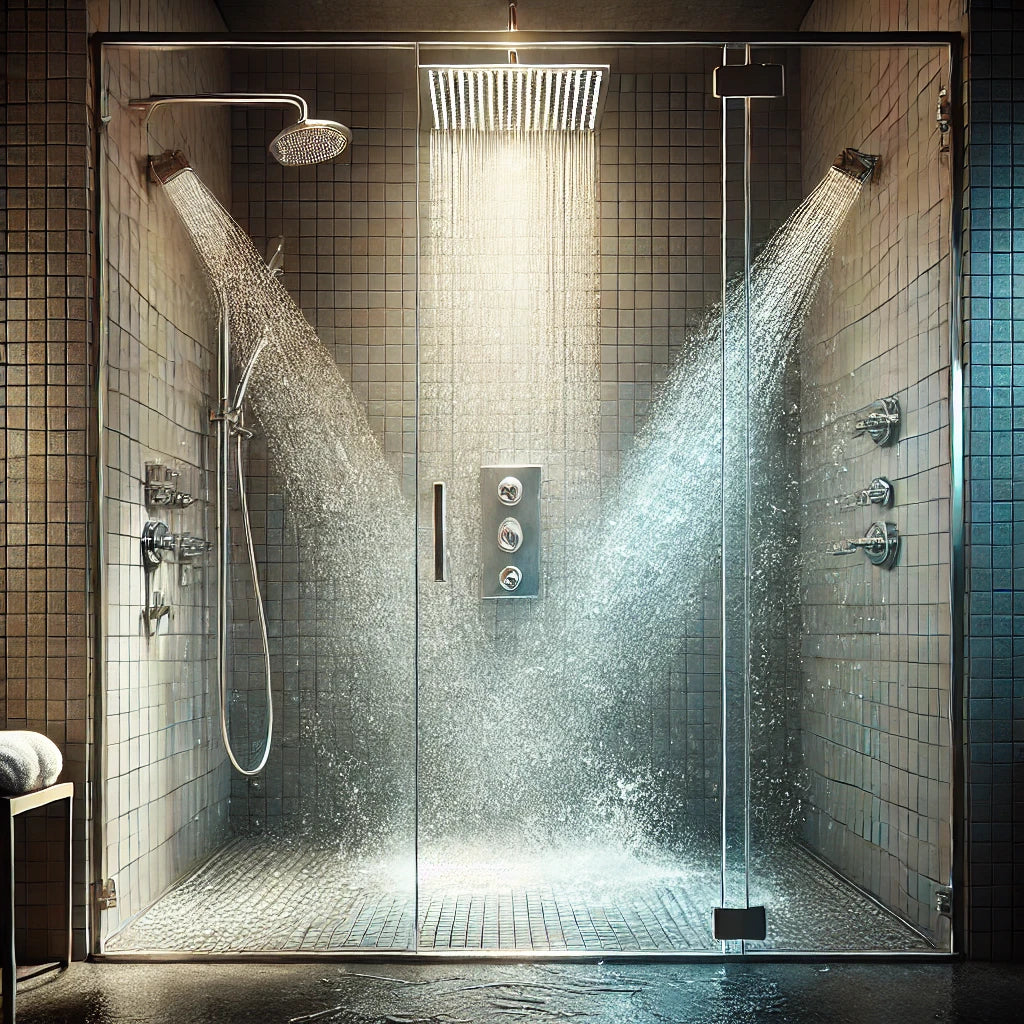
Crucial Benefits of Ending Showers with Cold Water
Share
1. Benefits for Hair:
Improves Hair Strength and Shine:
Cold water helps flatten hair cuticles, making hair smoother, shinier, and less prone to tangling and breakage.
Reduces Hair Loss:
By tightening cuticles, cold water helps retain moisture and reduces hair shedding and split ends.
Balances Scalp Oils:
Cold water reduces excessive oil production on the scalp, which can prevent greasy hair while maintaining essential natural oils.
Improves Circulation:
Cold water stimulates blood flow to the scalp, delivering essential nutrients and oxygen to hair follicles, promoting healthier hair growth.
2. Benefits for Skin:
Tightens Pores and Reduces Inflammation:
Cold water tightens pores, reducing the risk of clogged pores and acne. It also soothes the skin, reducing redness and inflammation.
Improves Skin Tone and Firmness:
The tightening effect of cold water can temporarily improve skin tone, giving a firmer, more refreshed appearance.
Locks in Moisture:
Cold showers help retain the skin’s natural oils, preventing dryness and keeping the skin hydrated.
Reduces Puffiness:
Cold water can reduce puffiness, particularly around the eyes, and can help soothe irritated or sensitive skin.
3. Benefits for Beards:
Promotes Healthier Beard Growth:
By enhancing circulation and reducing skin inflammation, cold showers create a healthier environment for beard growth.
Prevents Beardruff (Beard Dandruff):
Cold water helps balance skin oil levels, reducing dryness and flaking under the beard.
Reduces Ingrown Hairs:
Cold water can help tighten pores, making it less likely for hairs to grow back into the skin, reducing ingrown hairs.
Maintains Natural Oils:
Cold water preserves the beard's natural oils, keeping the beard softer and less prone to dryness.
Overall, finishing showers with cold water will help create a healthier environment for skin and hair/beard growth by tightening pores, improving circulation, and preserving natural oils.
